In the
deluge ('spout') from
the Urn the old order
disappears. In
rongorongo times
Sadachbia rose with the
Sun in Terminalia
(February 23, 54) = Saad
Al Thabib 13 (= 54 + 229
+ 365 = 648 = 8 * 81 =
24 * 27):
|
336 |
Saad Al
Thabib
11 |
12 |
13 (648) |
|
February
21 |
22 (53) |
23
(Terminalia) |
 |
 |
 |
|
Ca12-21
(337) |
Ca12-22 |
Ca12-23 |
|
te
niu ku
hakatu
ua |
te
maitaki
- kupega
tuku hia
mai |
mata
hakatuu |
|
-/270
Lac.
(336.7),
λ Piscis
Austrini
(336.8),
ε Cephei
(337.2),
1/325
Lac.
(337.3),
Ancha
(337.4),
2/365
Lac.
(338.5) |
ρ
Aquarii
(338.2) |
Sadachbia
(338.6),
β/172
Lac.
(339.2),
4/1100
Lac.
(339.4),
π
Aquarii
(339.5) |
Castor
(419) |
|
August
23 |
24 (236) |
25 |
|
An
Nathra 7 |
8 |
9 (101) |
|
Simiram,
Adhafera,
Tania
Borealis
(154.7),
Algieba,
q
Carinae
(155.5) |
Tania
Australis
(156.0) |
μ Hydrae
(157.1) |
|
The
Mansions
of
the
Moon
according
to
Ibn
‘Arabi
(ca.
1200) |
|
20 |
Al
Na’am |
The
Ostriches |
4°17'09"
Sagittarius |
|
21 |
Al
Baldah |
The
City |
17°08'34"
Sagittarius |
|
22 |
Al
Sa’d
al
Dhabih |
The
Fortune
of
the
Slayers |
0°
Capricorn |
|
23 |
Al
Sa’d
al
Bula |
The
Fortune
of
the
Swallower
|
12°51'22"
Capricorn |
|
24 |
Al
Sa’d
al
Su’ud |
The
Fortune
of
the
Fortunate |
25°42'51"
Capricorn |
|
25 |
Al
Sa’d
al
Ahbiyah |
The
Fortune
of
the
Hidden |
8°34'17"
Aquarius |
|
26 |
Al
Fargh
al
Mukdim |
The
First
Spout |
21°25'40"
Aquarius |
Dabih (β
Capricorni) marked where
the 'old goat' was
sacrificed, at the first
point of Capricorn where
Castor culminated.
Almuqaddam 13 (337)
=
April 18 (108 = 2 * 54)
could be the origin of
the new order (calendar
year):
|
53 |
Side b |
|
Almuqaddam
12 |
13 (337) |
Al Muakhar 1 |
|
April 17
(107) |
18 |
19 |
 |
 |
 |
|
Cb1-1 (393) |
Cb1-2 |
Cb1-3 |
The
exceptional 26th
Chinese station,
Extended Net,
stretched from
ε Hydrae to μ Hydrae
and the latter star
could be seen in the
nakshatra night of
Terminalia when
Castor culminated.
|
22 |
Well |
μ Gemini |
Tapir |
|
23 |
Ghost |
ρ Gemini
? |
Goat |
|
24 |
Willow |
δ Hydrae
|
Stag |
|
25 |
Star |
α Hydrae |
Horse |
|
26 |
Extended
Net |
ε Hydrae
/ μ
Hydrae |
Ox |
|
27 |
Wings |
α
Crateris |
Snake |
|
28 |
Chariot |
γ Corvi |
Worm |
This is the last
page in the calendar
of Dresden Codex:
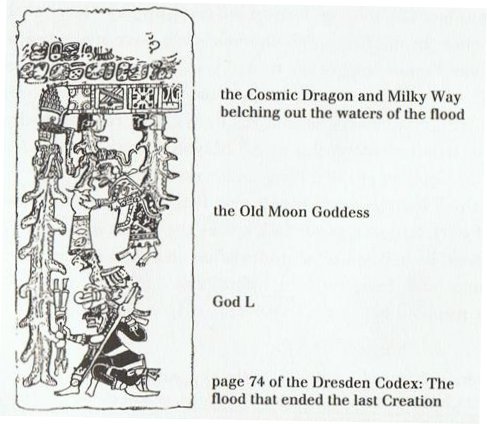
I guess the 'Cosmic
Dragon' (a kind of
flying serpent)
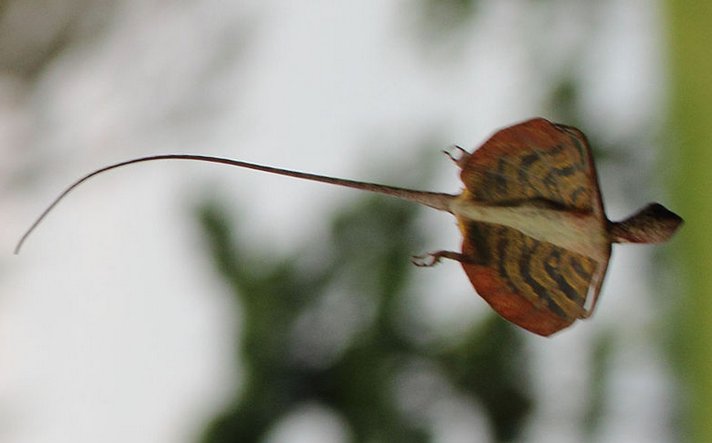
could coincide with
Lacerta, which in
rongorongo times
began to rise
heliacally in
February 21 at the
same time as Ancha:
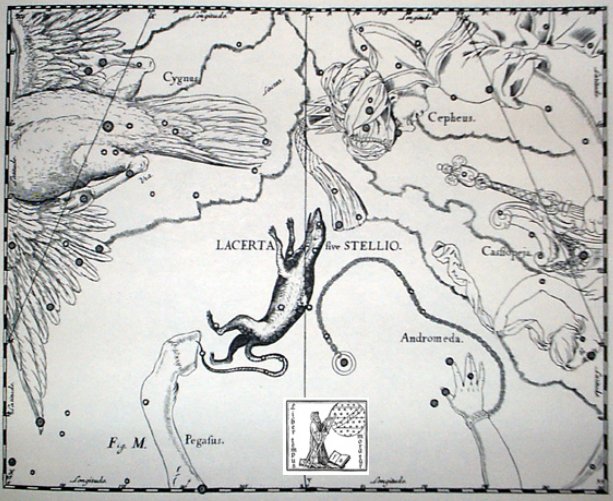
Not literally so, but with the idea of
something flying away like a living spirit (manu rere):
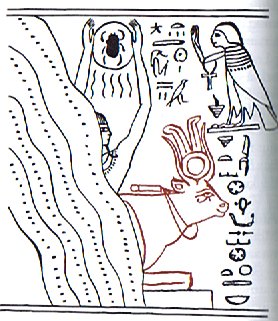
Hevelius has drawn a connection from the
right front hoof of the 'old horse':
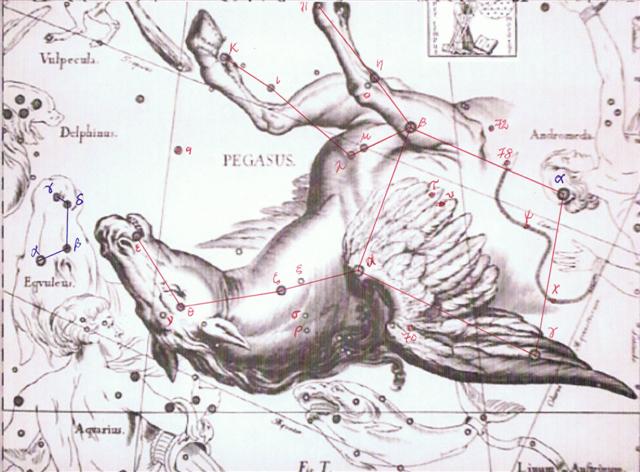
This 'flying spirit' emerges from - and we could have guessed it
- the star π (which the Chinese
named Woo, 'Pestle').
In rongorongo times
Woo rose heliacally in day 50 + 1, i.e. in the last day
before Lacerta (the constellation with such star odd numbers
as 365, 325, 91, etc.):
|
Saad
Al Thabib 6 |
7
(277) |
8 |
9 |
10
(280) |
|
February 16 |
17
(413) |
18 |
19
(50) |
20 |
 |
 |
 |
 |
 |
|
Ca12-16 |
Ca12-17 (333) |
Ca12-18 |
Ca12-19 |
Ca12-20 (336) |
|
oho te vae |
kua pure ia |
oho te vae |
koia ra kua haga hia |
kua moe |
|
no stars listed |
Kae
Uh (334.0) |
22h
(334.8) |
Woo
(335.7),
Baham (335.8) |
|
Sadalmelik (334.6),
ν Pegasi, ι Aquarii (334.7), ι Pegasi (335.0),
Alnair (335.1) |
|
August 18 |
19
(231) |
20 |
21 |
22
(234) |
|
An
Nathra 2 |
3
(95) |
4 |
5
(97) |
6 |
|
Tseen Ke (149.9), ν
Leonis (150.1) |
π
Leonis (150.6) |
10h
(152.2) |
Regulus (152.7), λ
Hydrae (153.2) |
no star listed |
|
υ² Hydrae (151.8),
Al Jabhah (152.4) |
However, the figure going down at 22h is
not flying up, and neither does spittle. It is flying
down. North of the equator the sky is about to rise
higher and higher, while the southern spring arrives
half a year later. Perhaps the figure in front in
Ca12-19 represents the watery winter flying down to the
southern hemisphere.







